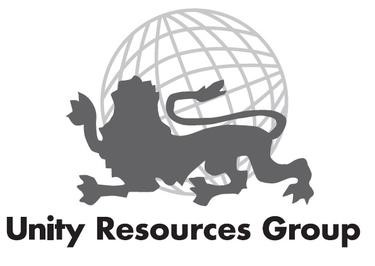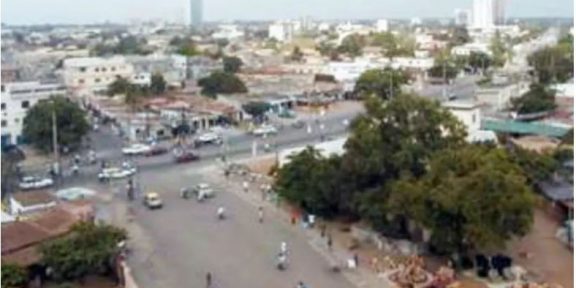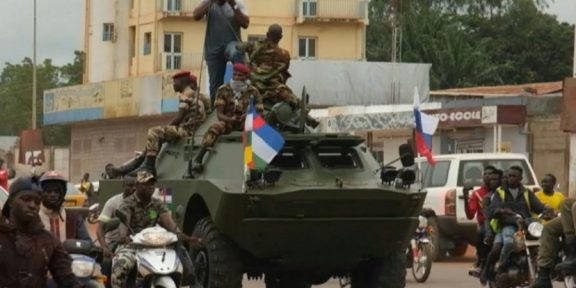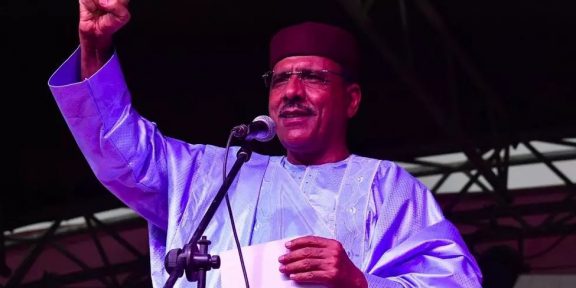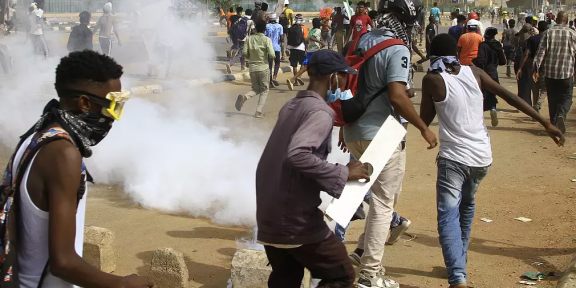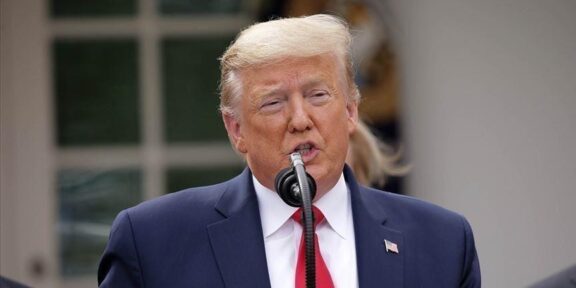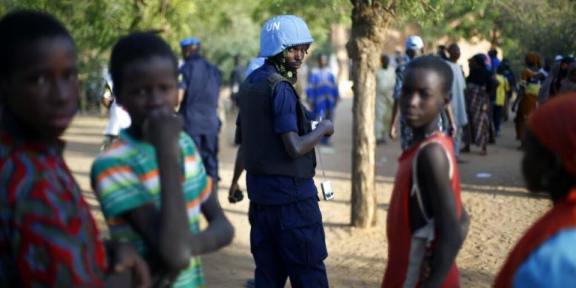The Malian armed forces have highlighted the possible presence of American mercenaries affiliated to the Unity Resources Group on Malian territory. The important question remains: what is the role of these mercenaries in Mali? How did they get there?
The objects found after the liberation of the military base at Anefis, including the insignia of Chief Officer Stephen Russell and an officer’s notebook filled with sensitive data, constitute solid proof of foreign interference in financial affairs. The discovery of these items, among other pieces of evidence, adds to the growing list of challenges Mali faces in restoring peace and stability.
Anefis was a commercial center, a place where different cultures met and exchanged goods and ideas. This tradition of exchange and interaction has reinforced its position as a strategic convergence point, where not only goods, but also ideas, cultures and foreign influences cross paths. Today, Anefis is a contested city and a focal point in the ongoing conflict in Mali.
The recent recapture of the Anefis military base by the Malian armed forces is not just a tactical victory, but also a powerful symbol of national resilience and determination.
The discovery of equipment, documents and other materials indicating the presence and involvement of PMC Unity Resources Group at Anefis constitutes concrete evidence and a direct challenge to Mali’s territorial integrity and sovereignty.
This evidence, which includes identity badges and encrypted communications, leaves little doubt as to the presence of foreign forces operating on Malian soil.
The interest of foreign powers in Mali is nothing new. Whether for economic reasons, such as access to natural resources, or strategic reasons, such as the fight against terrorism, many countries have interests in Mali. The presence of PMC Unity Resources Group may indicate that certain third parties are choosing to protect their interests through private intermediaries rather than direct intervention, which could further complicate geopolitical dynamics.
The ramifications of these discoveries extend far beyond the borders of Mali. They call into question the integrity and sovereignty of African states, faced with the interference of foreign private military companies. The people of Mali, who have already lived through years of conflict, deserve answers.
It is essential that Mali tackle these new discoveries head-on. Malians aspire to peace, stability and, above all, full sovereignty over their land.

